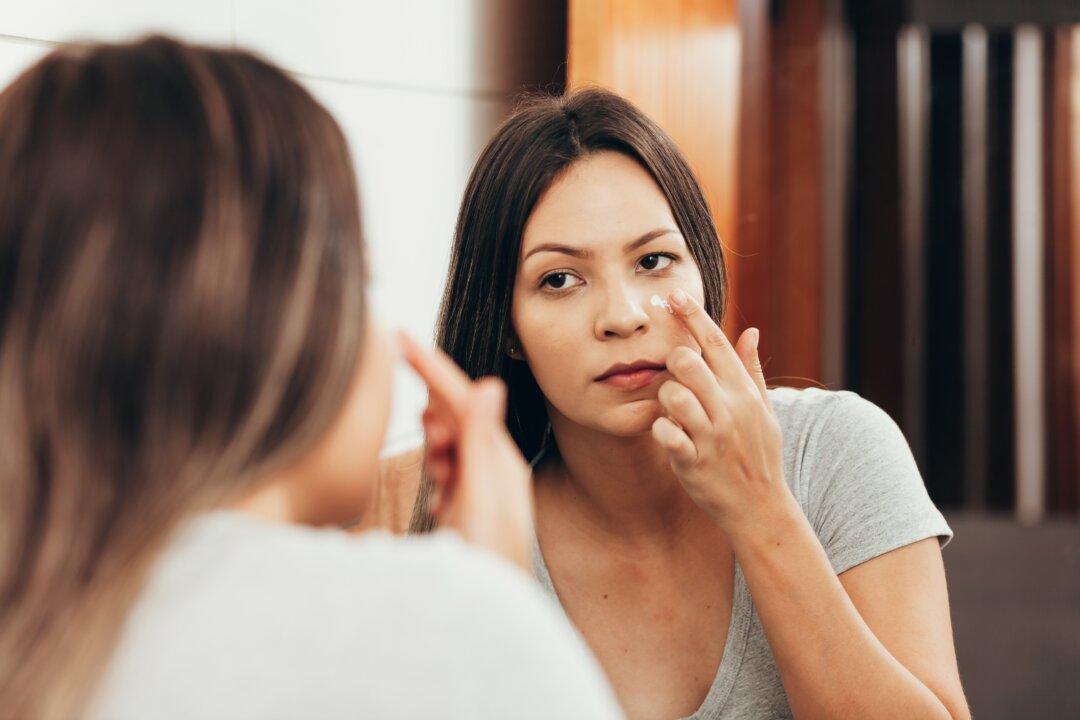She had been buying face cream through a friend of a friend for 12 years. This time, it was Pond’s “Rejuveness,” a version of the company’s anti-wrinkle cream that is made and sold in Mexico.
But someone in the Mexican state of Jalisco had laced the cream with a toxic skin-lightening compound, and it had a devastating effect on the 47-year-old Sacramento resident.


